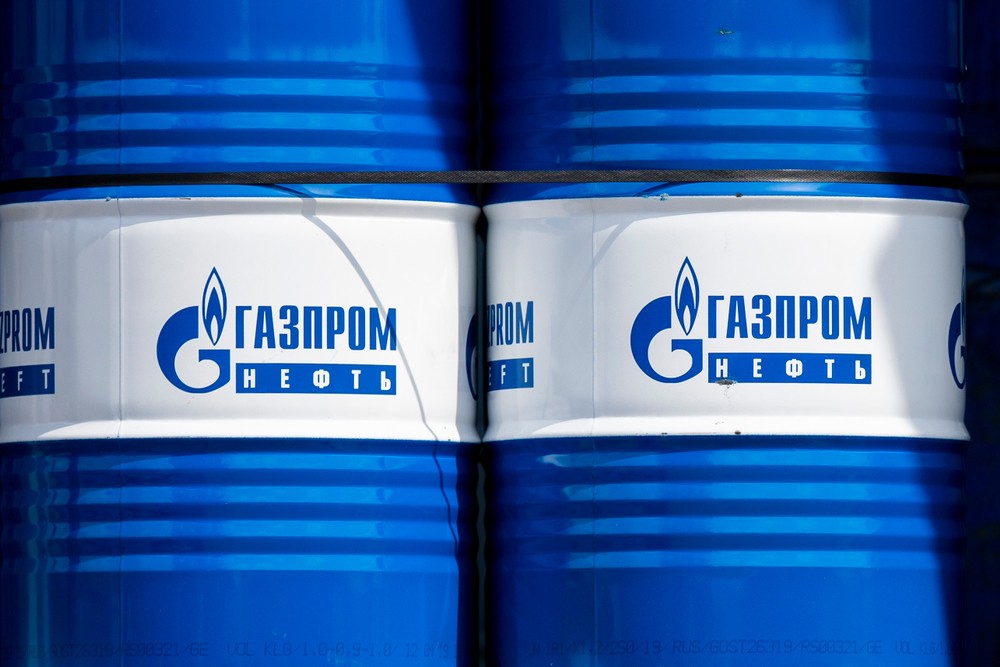In the ever-evolving landscape of the global economy, Chinese banks play a crucial role in safeguarding financial stability. Recent data from the State Administration of Foreign Exchange (SAFE) reveals interesting insights into China’s commercial banks’ foreign exchange operations. Amid concerns about China’s economic collapse and ongoing fluctuations in the global economic climate, Chinese banks are demonstrating resilience and adaptability.
Chinese Banks: Forex Operations Amidst Challenges
According to the latest data, Chinese banks faced a net forex settlement deficit of 106.2 billion yuan (approximately 14.8 billion U.S. dollars) in July. The month witnessed notable forex purchases by banks, amounting to around 1.2 trillion yuan. However, these purchases were outweighed by forex sales, which reached 1.31 trillion yuan, creating the observed deficit. This trend has persisted throughout the year, with a net forex settlement deficit of 91.8 billion yuan recorded between January and July.
Stability in Forex Market Operations
Amid ongoing challenges, SAFE’s Wang Chunying noted July saw “reasonable and orderly” forex market operations, signalling stability amid difficulties. Importantly, the supply and demand dynamics of the forex market continued to exhibit stability. The forex settlement gap in July resulted from heightened market entities’ buying due to the yuan’s appreciation against the dollar. This demonstrates the banks’ ability to navigate volatile conditions while maintaining a steady course.
In conclusion, when discussions about China’s economic collapse and banking crisis frequently make headlines, the performance of Chinese banks in managing forex operations stands as a testament to their resilience. In July, banks’ forex deficit highlighted their commitment to stability amid adapting to changing global economic conditions for continuous resilience. Amid Bank of China’s exchange rate and economic updates, the prudent stance of Chinese banks steadies the nation’s financial core.









COMMENTS